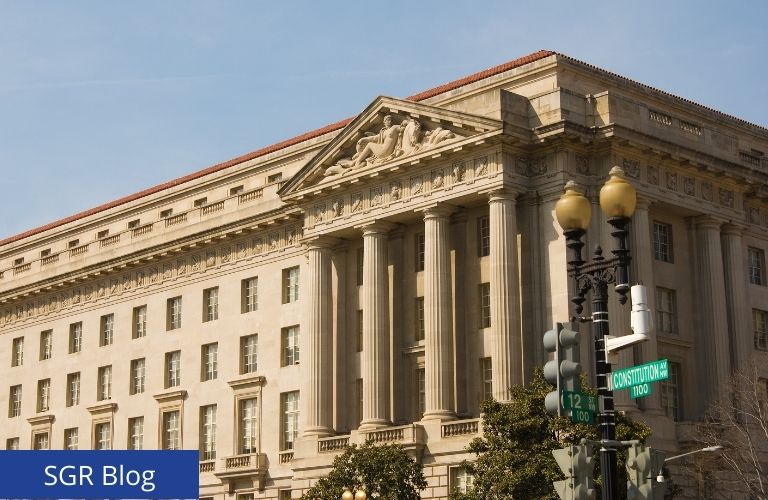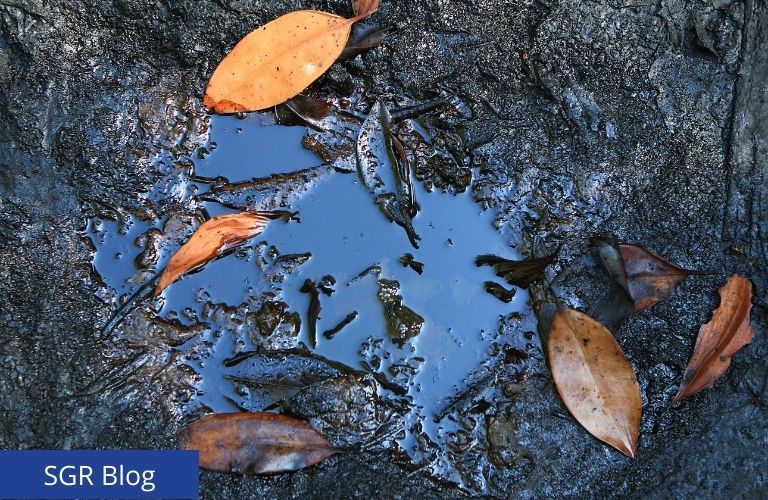
This week, on Tuesday, January 17, the Department of Justice’s (“DOJ”) Criminal Division’s Assistant Attorney General, Kenneth Polite, sent an “undeniable message” that companies should come forward and do the right thing by self-disclosing misconduct, fully cooperating, and timely remediating potential criminal violations.[1] If they do, they will be rewarded by revisions to the Criminal Division’s Corporate Enforcement Policy, under which the Criminal Division will now accord, or recommend to a sentencing court, at least 50%, and up to 75% off of the low end of the U.S. Sentencing Guidelines fine range, except in the case of a criminal recidivist…. Read more










